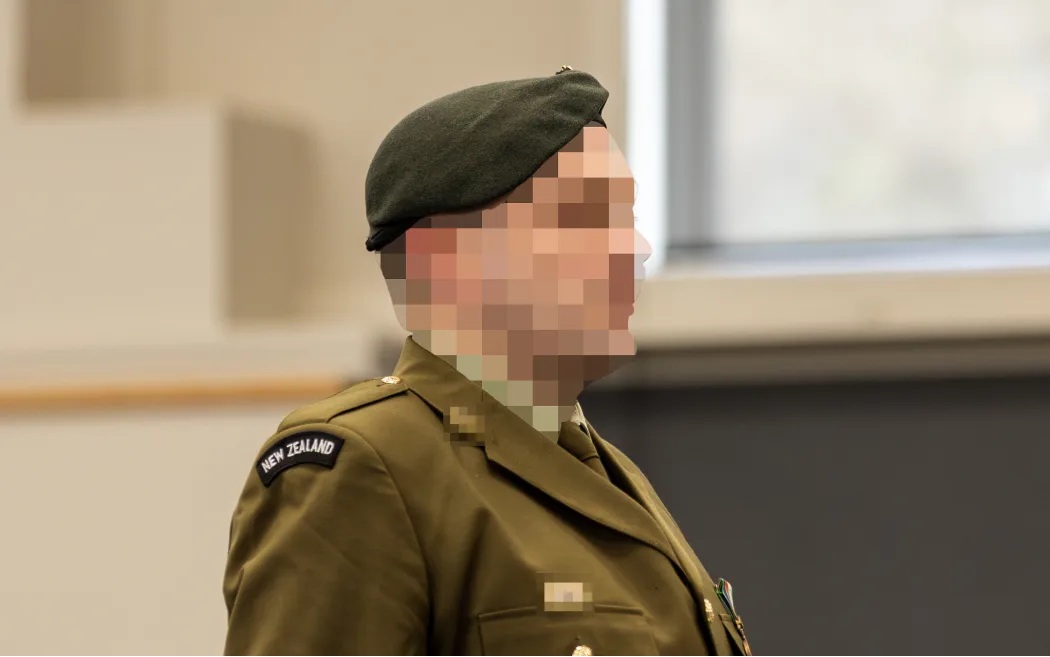
New Zealand Soldier Admits Attempted Espionage
First Espionage Conviction in New Zealand’s Military History
A New Zealand soldier admits attempted espionage in a landmark military court case, marking the country’s first conviction for spying. The soldier, whose identity remains suppressed, attempted to pass sensitive military information to what he believed was a foreign agent. Instead, he had been in contact with an undercover police officer tasked with monitoring extremist threats.
Espionage Attempt and Military Security Breach
Court documents revealed that the New Zealand soldier admits attempted espionage after trying to share base telephone directories, security assessments, maps, identity documents, and even log-in details for a defence computer network. Authorities stated that his actions were “likely to prejudice the security or defence of New Zealand.”

Investigations showed the soldier’s involvement with nationalist groups, bringing him under scrutiny after the Christchurch mosque attacks in 2019. That attack, carried out by an Australian white supremacist, killed 51 worshippers and triggered a crackdown on extremist activity.
Undercover Operation and Right-Wing Extremist Links
The New Zealand soldier admits attempted espionage following engagement with an undercover police officer posing as a foreign contact. The officer had been deployed to investigate individuals with suspected extremist ties. The soldier had expressed an interest in defecting, which prompted law enforcement to test his intent.
When authorities searched his hard drive, they discovered a copy of the Christchurch gunman’s live-streamed massacre and manifesto. Possession of such banned material is a criminal offence in New Zealand. The soldier admitted this charge too, placing him among several convicted for holding or distributing prohibited extremist content.
Charges and Legal Proceedings
Initially facing 17 charges, the New Zealand soldier admits attempted espionage under a reduced set of three charges: attempted espionage, possessing objectionable material, and unauthorised access to a military computer system. Each offence carries a maximum prison term of seven to ten years.
By pleading guilty, he avoided a full trial by court-martial. Instead, a military panel is now expected to deliver sentencing. His conviction underscores the seriousness with which New Zealand’s defence establishment treats espionage, particularly given the rarity of such cases in the country’s history.

Historical Context of Espionage in New Zealand
The New Zealand soldier admits attempted espionage in the first military espionage case ever prosecuted in the country. The last comparable trial occurred in 1975, when a public servant faced allegations of passing information to Russian agents but was ultimately acquitted.
This conviction highlights the growing concern over insider threats, extremist ideologies, and cyber vulnerabilities within military institutions. Analysts warn that modern espionage no longer relies solely on physical documents but increasingly targets digital systems, databases, and classified communications.
Implications for Defence and Security
The fact that a New Zealand soldier admits attempted espionage raises pressing questions about security vetting, insider monitoring, and counterintelligence measures. Defence experts note that even lower-level leaks of base directories or log-in credentials could compromise operational security.
As global tensions grow and non-state extremist groups exploit digital technologies, the incident reinforces the need for robust cyber defence and counterintelligence operations within armed forces. New Zealand’s case serves as a reminder that even smaller militaries are vulnerable to espionage threats.









